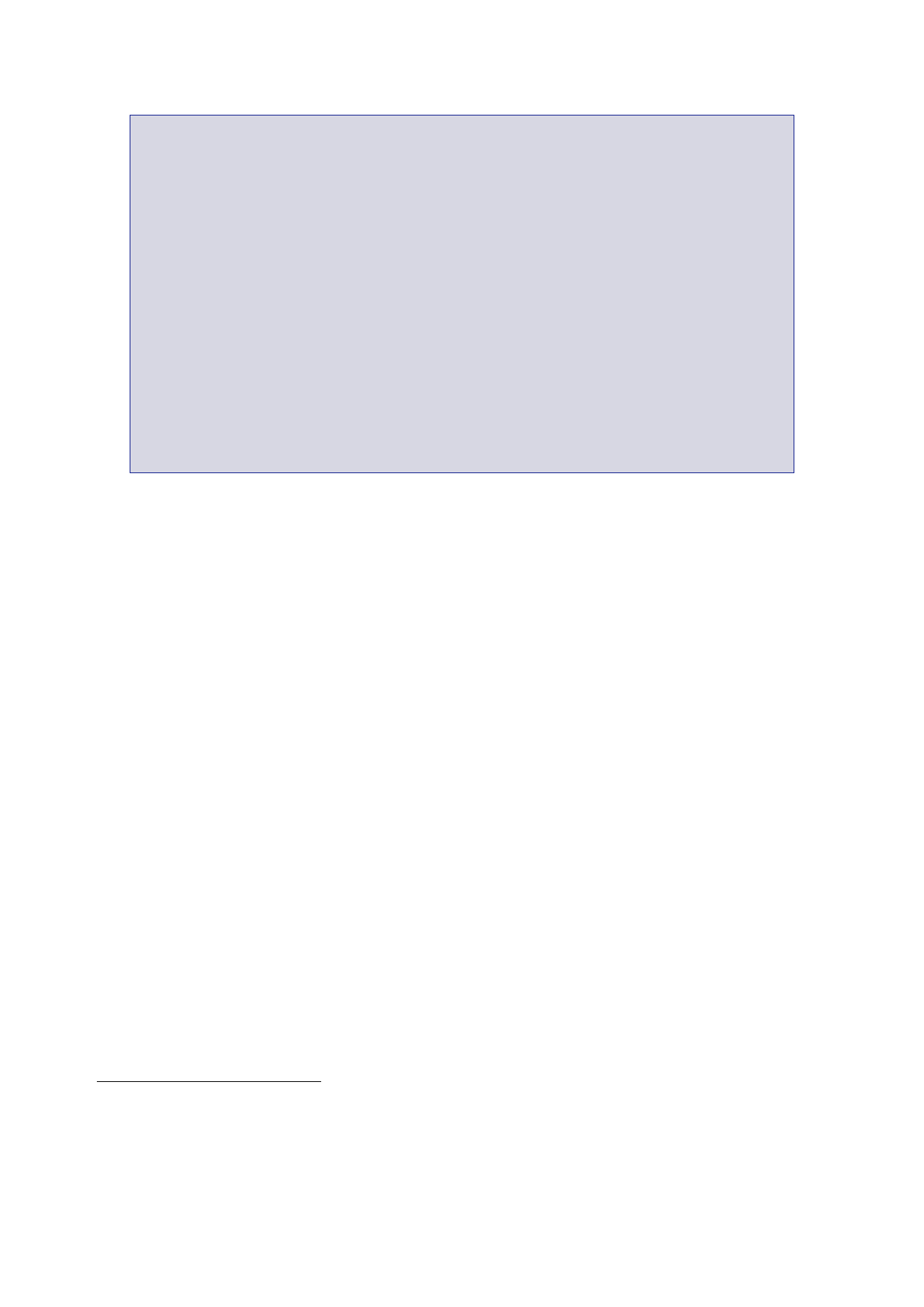
The Report
of the Iraq Inquiry
The Inquiry
has seen evidence of four meetings between UK Ministers and the
Iraqi
opposition
in the year before the invasion of Iraq:
•
separate
meetings with the “Group of Four” (G4) Iraqi opposition parties and
the
Iraqi
National Conference (INC) in March 2002, hosted by Mr Ben
Bradshaw,
FCO Parliamentary
Under Secretary of State;
•
a visit to
No.10 by the two leaders of the Iraqi Kurds in December 2002, part
of
which was
attended by Mr Blair;94
and
•
a meeting
between Mr Straw and “Iraqi exiles” in London on 21 February
2003.95
At official
level, by late 2002, it was UK policy “to stay in touch with the
thinking of
opposition
groups who may have a role to play in shaping a post-Saddam
Iraq”.96
“Regular,
routine meetings” took place between opposition representatives and
junior FCO
officials.
There were occasional meetings at senior official
level.
153.
On 15 March,
Mr William Patey, Head of MED, sent Mr Straw a paper by
Research
Analysts on
the “nature and role of the opposition to Saddam” commissioned by
Sir
154.
The paper
cautioned that the UK’s ability to influence or direct the Iraqi
opposition
was
constrained by dependence on contacts with Iraqi exiles. Ten years
without
diplomatic
representation in Iraq meant that the UK knew little about the
internal
opposition
to Saddam Hussein.
155.
The paper
listed three main problems dealing with the external
opposition:
•
the absence
of a coherent structure, with Western offers of financial support
or
political
backing exacerbating rivalries between groups;
•
the absence
of Sunni representation in the INC, which was dominated
by
Kurds and
Shia Arabs;
•
lack of
credibility. Regional governments had no faith in the INC’s ability
to
achieve its
goals and high-profile Western support left it open to charges
of
being a
Western stooge.
156.
Research
Analysts reported few signs of co-ordinated opposition in Iraq,
where
most
organisations were believed to be penetrated by agents of the
regime. It concluded
that Saddam
Hussein’s immediate successor was most likely to be a senior
Sunni
member or
ex-member of the Iraqi military.
94
Letter
Rycroft to Sinclair, 19 December 2002, ‘Iraqi Kurds: Meeting with
Prime Minister, 19 December’.
95
Minute
Tanfield to PS/PUS [FCO], 21 February 2003, ‘Iraq Morning Meeting:
Key Points’.
96
Telegram
104 FCO London to Amman, 20 November 2002, ‘Iraqi Opposition
Sitrep’.
97
Minute
Patey to PS [FCO], 15 March 2002, ‘Iraq’ attaching Paper Research
Analysts, 14 March 2002,
‘Iraq: the
nature and role of the opposition to Saddam Hussein’.
140
